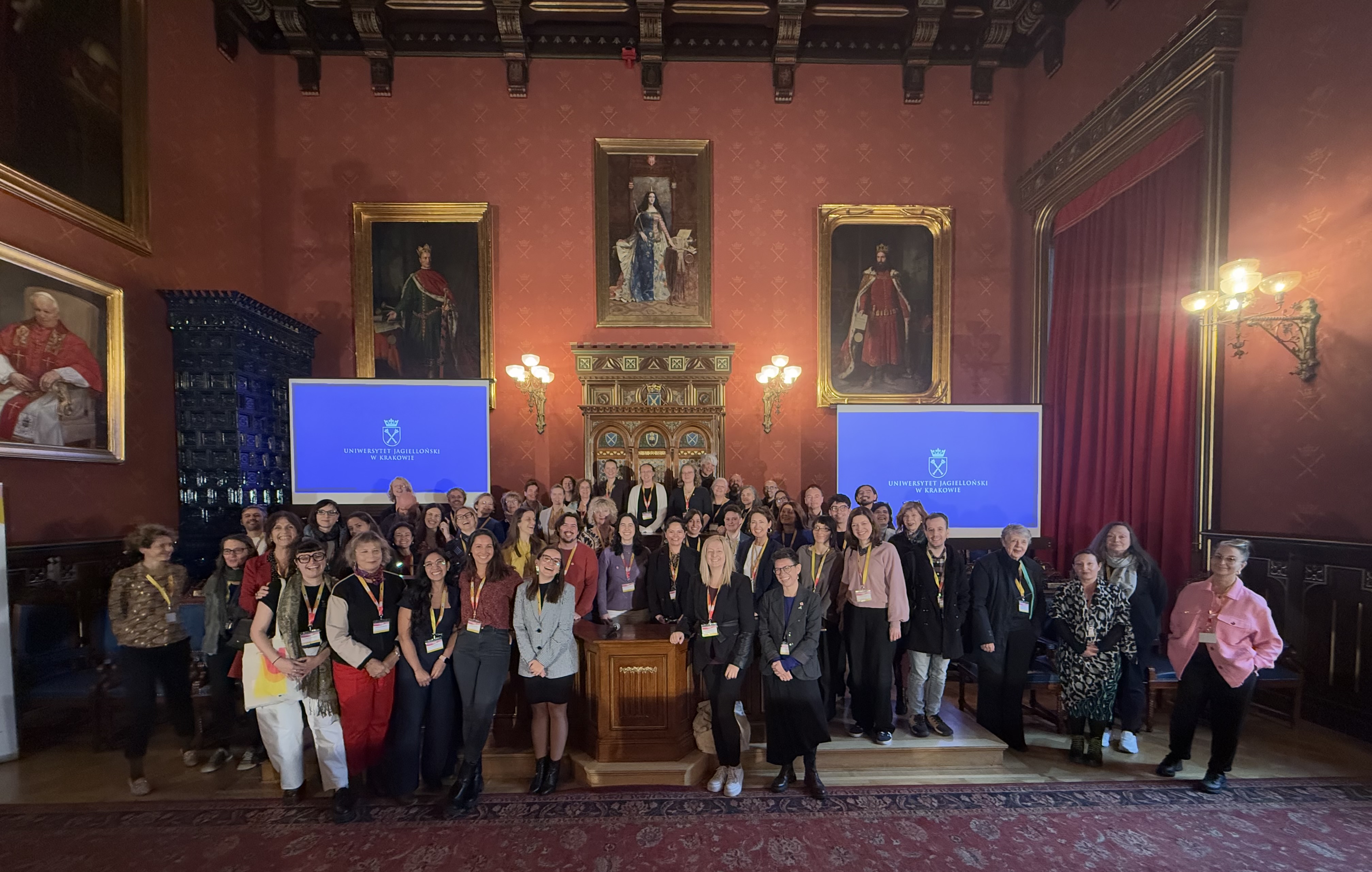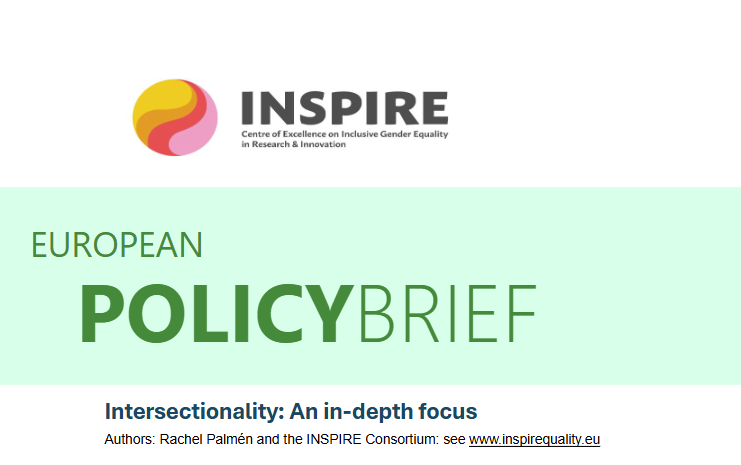In the context of INSPIRE, Communities of Practice (CoPs) are key to building capacity for change, for two reasons:
- First, CoPs provide effective means to overcome the isolation that many equality practitioners and activists experience as they are working alone within their organisations. CoPs foster networking and peer-to-peer support across organisational borders to build self-sustaining communities which can acquire impact through critical-mass effects within an ecosystem.
- Second, the focus on “practice” through CoPs is crucial to enable real institutional change on the ground.
In line with a conception of social reality as inherently complex, knowledge from a practice-based perspective is never solely in the heads of people but anchored in a material, i.e., local and historically contingent environment. Organisational change along these lines requires more than new insights; rather it involves rewiring institutional practices themselves in terms of changing the socio-material network including administrative routines or decision-making procedures (Gherardi 2009; Nicolini 2012). To the degree that CoPs often provide a space that lies orthogonal to the formal hierarchies and strategic priorities of organisations, they offer a terrain to not only learn about bias, power and inequality, but also to develop and probe alternative yet concrete academic and organisational practices.
Using the generated insights and tools of the INSPIRE, basic support for CoPs is streamlined and offered through Support Packages.
The added value and structure of Support Packages
A support package is a bundle of generic resources and tailored, context sensitive advice. It combines reusable assets (e.g., a recorded training unit, GEAM - Gender Equality Audit and Measuring account, online toolkits/guidelines) with on-demand support elements (e.g., Change Catalyst engagement / expert advice).
By selecting a limited number of resources such as manuals or toolkits to be bundled with each support package out of the vast array of available materials online, the identification of high-quality resources is made easier for practitioners. Additionally, a key element of each support package is the provision of consultancies – a fixed number of hours of trainers, experts, mentors (so called “Change Catalysts” and other specific experts). These help the CoP practitioners to address and resolve context specific challenges in their equality work.
Five support packages are envisioned in INSPIRE:
- Setting up a CoP for Equality Work which builds upon the experiences and insights of the ACT project and facilitates the establishment and creation of a CoP.
- Setting up a GEP that assembles all necessary resources to start the design of a GEP.
- Impact-booster which bundles resources to maximise impact of existing work and/or knowledge of CoPs through the production of a tangible, attractive output (e.g., emerging insights, experiences regarding implemented equality measures).
- Sustaining & deepening change that addresses ongoing change efforts as well as evaluation and monitoring challenges of GEPs in combination with an intersectional approach.
- Improving Quality & Equality in R&I which addresses the integration of the gender dimension into R&I with a special focus on the private sector.
Support packages are granted to several organisations at once, i.e. CoPs, based upon clearly defined eligibility criteria. They will be available sequentially during the lifetime of the project, where early packages incorporate existing and tested resources and later packages build upon newly developed instruments, methods or research insights of the INSPIRE.
Two support packages might be granted to every CoP. They will be made accessible for CoPs through online portal as part of INSPIRE IT infrastructure.
References
Gherardi, S. 2009. Organizational Knowledge: The Texture of Workplace Learning, Blackwell Publishers
Nicolini, D. 2012. Practice Theory, Work and Organization: An Introduction, Oxford University Press
By: Ewelina Ciaputa, Jagiellonian University




